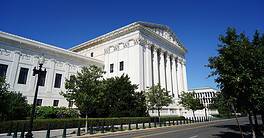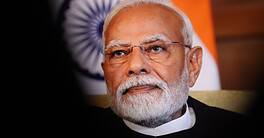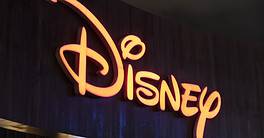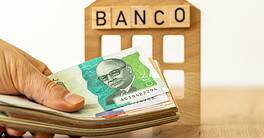In crisis, the risks and rewards related to reputation are greater than usual.
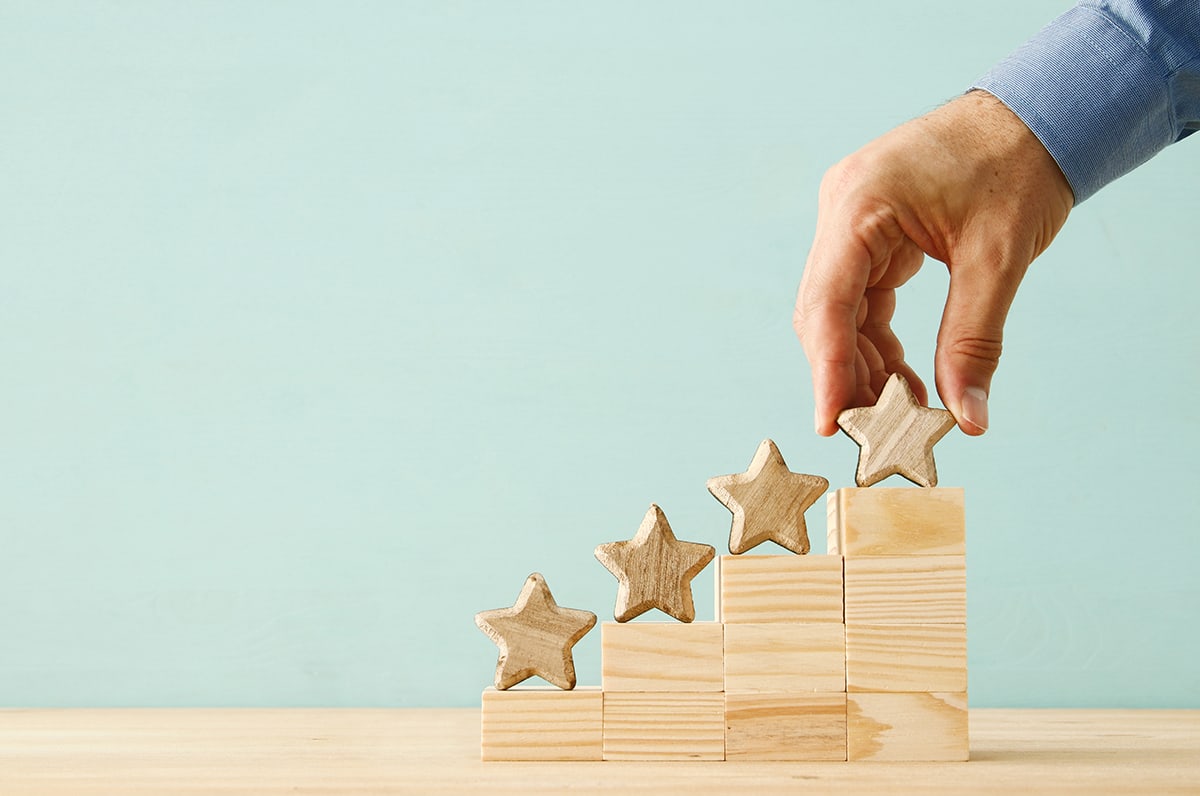
As the Covid crisis spread across the globe, some companies stepped up, earning praise and admiration. Italy’s Lamborghini pivoted from automobiles to medical equipment. Ambev SA, the Brazilian subsidiary of AB InBev, figured out how to package alcohol for sanitation rather than consumption, creating a model that was replicated worldwide.
These and other moves came across as driven by authentic desires to serve public needs—earning the companies an extra measure of trust and respect. “The return that we are receiving from our employees has been amazing. Everyone wants to participate in spreading the good and be part of saving lives,” says Carla Crippa, Ambev vice president of corporate affairs.
Even before the coronavirus pandemic, more and more companies were beginning to treat reputation as a precious intangible asset, according to corporate leaders, risk professionals and academic experts. Executive attention to this risk mirrors investors’ growing scrutiny. A 2012 World Economic Forum study estimated that reputation accounts for more than 25% of a company’s market value; by 2019, a global survey of 2,000 executives put that share at 63%.
Distinct from ‘brand,’ which signals an organization’s identity or essence, ‘reputation’ reflects its respectability and reliability. “Reputation is one of the most important risk categories, with the most catastrophic consequences if not managed correctly,” says Cynthia Vitters, managing director and enterprise risk-management specialist at Deloitte. “But it’s also one of the hardest to manage.”
This year, the global healthcare crisis is intensifying issues around corporate reputation. For example, the Covid-19 pandemic radically rearranged the latest Axios Harris Poll 100 reputation rankings of US companies in 2020. Disinfectant maker Clorox soared to the No. 1 spot; its only previous appearance on the top 100 list had been in 2016, in 14th place. 3M, also absent from last year’s list, came in at No. 12, winning “excellent” scores for products and services, vision and culture. Its quick pivot to manufacturing N95 masks early in the crisis resonated strongly with stakeholders.
There are enhanced risks for failure—after all, lives and livelihoods are at stake—even as reduced capacity hampers companies striving to do right by multiple stakeholders. At the same time, the pandemic offers opportunities to raise one’s reputation—demonstrating core values via authentic action that serves a greater purpose than business-as-usual.
“I firmly believe that reputation is not a goal or end in itself, but one of the measurements of how well we are connected to society and how we contribute,” says Frans van Houten, CEO of Philips, commenting on its 13-year streak as the Netherlands’ most reputable in RepTrak rankings.
The Measurement Challenge
Many companies shy from addressing reputation because there is no clear direct way to measure it. That’s starting to change, with consultancies like RepTrak and Axios Harris leading the way.
Since 2011, Boston-based RepTrak has published annual rankings of global companies by reputation, based on a survey of more than 80,500 consumers in the world’s 15 largest economies. Respondents are asked to assess products and services, innovation, workplace, governance, citizenship, leadership and financial performance. In the US, the Axios Harris Poll 100 Corporate Reputation Rankings survey asks 34,000 adults to assess high-profile companies for trust, vision, growth, products and services, culture, ethics and citizenship. Other, smaller surveys abound, each with its own methodology and focus, as the significance and benefits of a good reputation grow more apparent to executives.
“People buy products from companies that are trustworthy,” says Eduardo Puig de la Bellacasa Aznar, director of Stakeholder Engagement at Spain’s Telefonica, a RepTrak client. “We see a direct link between reputation and an increase in revenue for our company.”
Still, quantifying it is tricky. “The crucial reputation management issue is how an organization identifies and handles the common and conflicting self-interests of its stakeholders,” says Grahame Dowling, professor emeritus at the University of New South Wales and author of Winning the Reputation Game: Creating Stakeholder Value and Competitive Advantage.
Dowling describes reputation as a mosaic of many reputations, each to a different stakeholder group. Naturally, a retailer’s reputation mosaic will look quite different from that of an energy provider. Amazon, for example, draws the ire of labor activists while it is loved by shareholders. This year, it maintained its high reputation ranking in the Axios Harris ranking, moving down one notch to No. 3. The company’s remained popular with consumers, even appearing as a savior to some in lockdown, but if its warehouse workers suffered a major coronavirus outbreak, it could easily have turned public opinion.
Executives should understand, too, that corporate reputation shadows personal reputation. A study in Harvard Business Review found that executives from scandal-tainted firms are paid 6% less, on average, than peers. For financial-industry executives, the “scandal penalty” is 10%—and that’s if you can get an offer. The research noted that the penalties were higher in countries with strong regulatory and governance systems, such as Denmark. “In countries that have weaker laws, such as Russia, Spain, Colombia and Bahrain,” the authors wrote, differences in compensation were negligible.
Out of Nowhere
Trends in the Axios Harris Poll 100 suggest stakeholders are becoming increasingly critical. Successive rankings show steepening reputational declines after adverse events. Wells Fargo dropped by 24 spots in 2017 after reports of fake accounts led the CEO to resign. In 2019, Facebook plummeted by 43 spots, punished for mishandling user data, influencing elections and disseminating hate speech. This year, Boeing beat both those records, falling 65 places as the 737 Max disasters, supply-chain upheaval and disclosures of lofty executive compensation took their toll. “This is a trend we have seen building year over year, signaling the fragility of reputation,” according to the study’s authors.
How do such reputation declines affect financial performance? Boeing’s plane orders in 2020 hit a 30-year low—even as jet orders at rival Airbus reached record highs.
Mounting evidence supports the thesis that positive reputation and market capitalization are tied, but the impact can vary widely by sector and other conditions. For example, a massive banking scandal in Australia led to downgrades for all its banks. But since the problem permeated the sector, no one institution was punished.
More importantly, skillful management makes a big difference to market perceptions after a negative event. A 2018 global study by London-based Pentland Analytics, Reputation Risk in the Cyber Age, analyzed share-price fluctuations of 125 companies during the calendar year following a reputational crisis and found that companies recover from share-price losses after a crisis far faster when senior management communicates with stakeholders swiftly and globally, and when the company launches an active program of social responsibility that directly addresses the damage associated with the crisis event.
In fact, highly responsive companies gained an average 20% in market value in the 252 trading days after their reputation crisis, while less proactive companies lost an average 30%. And the difference between the two groups has widened dramatically since 2000, when the “winner” portfolio gained only 10% on average in the year after a crisis.
The Pentland study compared UK telecommunications firm TalkTalk with US home-improvement retailer Home Depot after they were hacked. TalkTalk lost $1.4 billion in market cap—a third of its value—in the year after it was attacked, while the FTSE 100 rose around 10%; Home Depot gained $30 billion (25%), significantly outperforming the S&P 500 in the 12 months following its data breach. Deborah Pretty, the study’s author, contrasts tardy and unclear communications from TalkTalk’s CEO with the “immediate and unwavering” response by the Home Depot chairman—even though he was weeks from retirement when disaster struck.
Pretty’s metrics for calculating the “reputation premium”—a firm’s value after subtracting all tangible assets as well as the intangible of brand value as calculated by Interbrand—include “innovative abilities, global reach and relationships, intellectual property, employee talent and skills, and distribution networks.”
Little wonder that reputation is on corporate executives’ radar. In Aon’s 2019 Global Risk Management survey, which canvassed 2,672 risk decision-makers in 60 countries and from 33 industries, respondents overall named “damage to reputation/brand” the No. 2 risk to their business, second only to “economic slowdown/slow recovery.” That was not a fluke. Jason Disborough, CEO of Multinational Accounts at AON, explains that reputation risk has appeared in the top 10 most-cited risks in every survey since 2001, when it first launched, and has never fallen below sixth place.
Notably, however, survey respondents typically misjudge the severity of reputation risk when asked to look three years ahead. “It is always predicted lower than it comes in,” Disborough says, and the Aon survey analysis concludes that “this exposure is underestimated.”
Corporate leaders who remain complacent about reputation may change their minds as investors win more cases arguing that reputation is a “mission critical” asset. Nir Kossovsky, CEO of Pittsburgh-based Steel City Re, a provider of reputation risk-management services and insurance, cites a growing number of legal decisions holding the board of directors accountable for financial losses related to reputation. For example, Texas ice cream maker Blue Bell Creameries in April paid $60 million to settle a derivative shareholder suit related to a deadly 2015 listeria contamination. Blue Bell’s revenues fell, its stock tanked, and Delaware’s Supreme Court agreed with investors that since product safety is essential to the company’s business, the board’s duty extends to safety oversight.
“As more and more firms are financed on the basis of intangible assets, and as reputation assets—security, safety, quality, innovation—increasingly drive firms’ value, it’s being alleged that if the board doesn’t oversee these things, it’s not doing its job,” says Kossovsky. In another instance, the Delaware Chancery Court last year agreed that investors could sue Clovis Oncology, of Boulder, Colorado, for botching clinical trials of a drug in development and issuing misleading communications. Since innovation is mission-critical for a drug company, Kossovsky asks, “if directors aren’t overseeing clinical trials, what are they doing?”
The cases capture how reputation risk has migrated from a publicity or marketing issue to a hard-core financial risk. “Only relatively recently has reputation risk joined the kind of risks that risk professionals, directors and officers already understand: angry shareholders, regulatory fines and litigation,” says Kossovsky. “This isn’t sticks and stones. It’s heavy artillery.”
Walking the Walk
Many experts recommend transparency and proactive communication as the first line of defense. A study by FTI Consulting published in July concluded that companies with visible, vocal CEOs proved more resilient as the Covid crisis unfolded. Researchers isolated the 100 best-performing stocks across the S&P 500, FTSE 250 and Euro Stoxx indices from January 2015 to December 2019. They then analyzed the 100 CEOs’ communication styles—for example, how often they reached out to stakeholders about topics other than financial performance, and whether they had a strong social media presence. Finally, the study examined the companies’ share performance from early March to early May 2020.
They estimated that communicative CEOs protected $260 billion in shareholder value, with stock prices outperforming industry peers by 3.75% during the pandemic’s first critical phase.
These CEOs “understand their role is to instill confidence, not just with shareholders but everyone they and their company touch, by speaking up at the right moment on topics that are relevant,” says FTI managing director Lauren Burge, who heads the firm’s Corporate Reputation practice in Brussels.
Burge offers the example of Adidas CEO Kasper Rørsted, facing worldwide store closings during lockdowns plus an internal revolution over alleged racism that led his human resources chief to resign in June. “Rorsted has engaged both investor and retail media consistently during these high-pressure moments to not only acknowledge the issues, but offer a perspective around the company’s actions moving forward,” Burge notes.
But it’s more than clever messaging. Vitters of Deloitte says a proactive approach embeds reputation awareness throughout the corporate culture. “For every category of risk, you ask, ‘What would be the reputational effects of a crisis in this area?’” she says. “Instead of a list of disparate risks, you’ll get a matrix showing the overall reputational impact to the firm of potential adverse events.”
Vitters agrees that ultimately, reputation risk management can’t rest with one executive or organizational function. It’s best practice, she says, to have a chief risk officer who takes a bird’s eye view of risk throughout the enterprise; but when it comes to reputation, “you have to assign accountability to each executive and each employee, to be thinking about reputation risk all day long, with every action that they take.”
